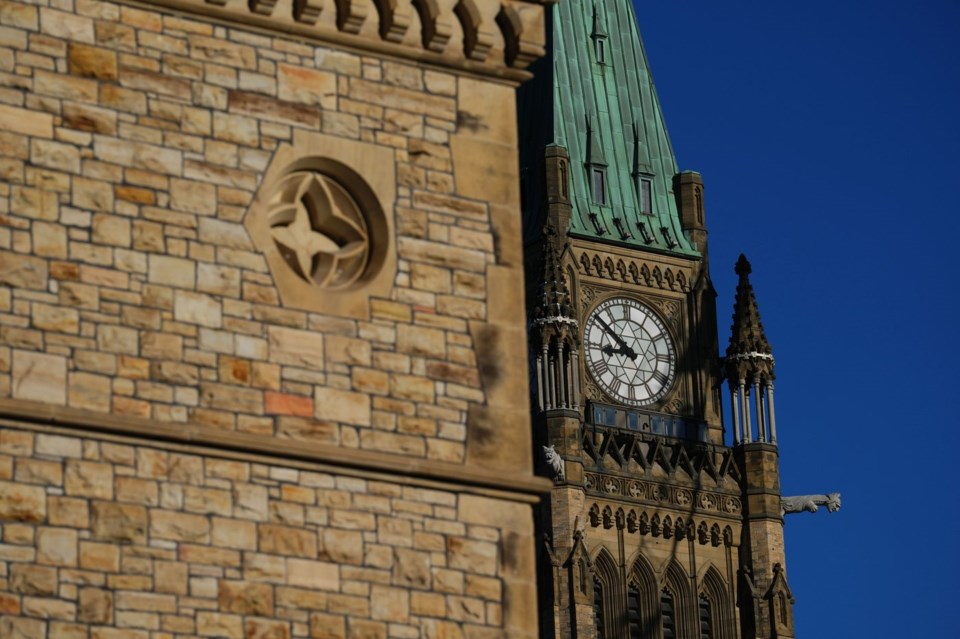Ottawa – Canada’s creative community is raising urgent concerns over the rapid rise of AI-generated music, books, and digital media — a trend that industry leaders say threatens the livelihoods of human artists and exposes major gaps in copyright protection.
The issue gained fresh momentum after two AI-generated acts recently made Billboard history. On November 1, virtual R&B artist Xania Monet became the first AI artist to appear on a Billboard airplay chart, followed a week later by Breaking Rust, whose AI-generated country track topped digital sales.
For creators, these milestones symbolize an escalating crisis.
“People are scared and angry,” said Arun Chaturvedi, President of the Songwriters’ Association of Canada. “With 100,000 human-made songs already uploaded to Spotify every day, AI is flooding the system with even more content — and it’s making it harder than ever for artists to be heard.”
Heritage Committee Examines Industry Fears
Parliament’s House of Commons Heritage Committee is now preparing a report after weeks of hearings with unions and organizations across music, publishing, film, and television. The central demand from creators: a mandatory licensing and transparency regime requiring AI companies to disclose and pay for copyrighted works used to train their systems.
Industry groups argue that generative AI — which learns from massive datasets scraped from books, songs, film scripts, visual art and journalism — is using protected material without permission, payment, or oversight.
Publishers Warn of “AI Slop” Flooding the Market
Book publishers say the problem is already visible on major retail platforms.
John Illingworth, Executive Director of the Association of Canadian Publishers, told MPs that Amazon and other online marketplaces are being inundated with low-quality AI-generated books.
He noted that searching for “Mark Carney biography” on Amazon.ca yields multiple machine-generated titles with AI cover art — some ranking higher in search results than the prime minister’s own book.
“The average consumer has no way to distinguish a well-researched work from incoherent AI slop,” Illingworth warned.
Writers, Performers, and Producers Call for Protection
Representatives from the Writers Guild of Canada, Union des Artistes, and Canadian Media Producers Association said AI is feeding off artists’ work while undercutting their ability to earn a living.
They are not asking the federal government to stop AI development, but to force transparency so rights holders can negotiate licenses and receive compensation.
“Without information about what works are used in AI training, artists are left completely in the dark,” said Erin Finlay, legal counsel at Access Copyright.
Experts Warn of an AI-Dominated Cultural Landscape
AI researchers told MPs that the situation will worsen quickly.
Wyatt Tessari L’Allié, Executive Director of AI Governance and Safety Canada, said platforms like Spotify and Google are already flooded with AI content.
“In a few years, more than 90 per cent of what Canadians see online could be AI-generated,” he testified.
Even major entertainment companies are leaning in — with the CEO of Disney signalling that Disney+ may soon allow users to generate custom content on demand.
Copyright Battle Looms
Industry organizations strongly oppose adding new exemptions to Canada’s Copyright Act that would allow unrestricted text-and-data mining for AI training. Tech companies argue such exceptions are necessary to keep Canada competitive.
Internet law expert Michael Geist told the committee that strict licensing rules could push AI development out of the country.
“We need copyright rules that are globally competitive,” he said.
A Sector at a Crossroads
As AI-generated work continues to rise and “creative slop” floods digital platforms, Canada’s artists are warning Parliament that the window to protect the country’s cultural economy is closing rapidly.
The Heritage Committee’s upcoming recommendations are expected to shape Canada’s next round of copyright reform — and determine how creators, consumers, and AI developers coexist in the years ahead.

